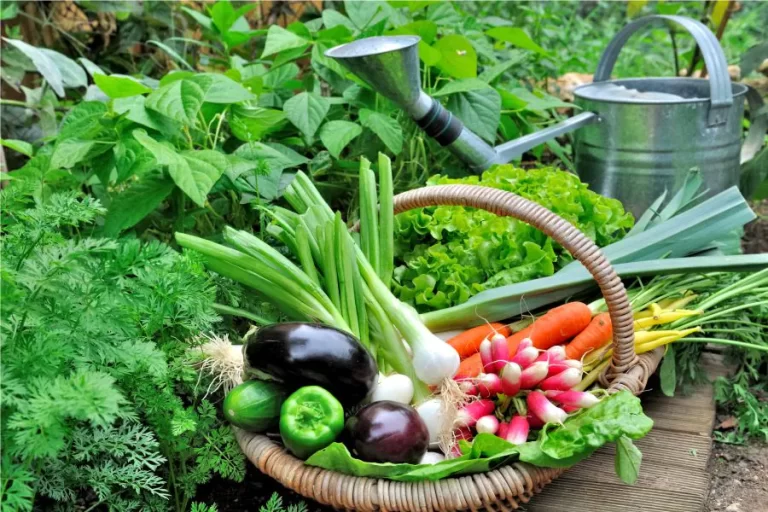Composting is a vital process that transforms organic waste into a valuable resource for gardening and agriculture. In Brazil, the practice has gained prominence, especially for its ability to reduce the volume of waste and enrich the soil with nutrients. In this third part of our series on composting, we will explore the importance of maintenance adequate during the process, how to check the maturity of the compost and how this can impact the effectiveness of the fertilizer produced.

Introduction to Composting
Composting is the art of converting organic waste, such as food scraps and yard waste, into fertilizer. This process not only helps reduce the amount of waste that goes to landfills, but it also provides a natural fertilizer that improves soil quality.
Although many Brazilians already know the benefits of composting, proper practice and maintenance of the compost are still areas that need more attention. It is essential to ensure that the compost is maintained properly so that it decomposes efficiently and produces a high-quality fertilizer.
The Importance of Maintenance in Composting
A maintenance is a crucial step in composting, ensuring that the material decomposes correctly and in the appropriate time. During the first few days, the compost pile may reduce in volume due to the decomposition and compaction of the organic matter. This initial process is essential to ensure that the compost forms correctly.
Maintenance of the stack involves:
- Turnover: Turning the pile is necessary to aerate the material and prevent compaction. It is recommended to turn the pile manually with shovels or hoes. This should be done at least three times in the first month of composting, approximately at 7, 17 and 30 days.
- Humidity Check: Humidity is another vital aspect of maintenance. The compost should be between 40% and 60% of moisture. If it is very dry, it should be watered lightly. In case of heavy rains, it is important to cover the compost to avoid excess moisture.
- Coverage and Protection: In summer, to prevent excessive evaporation of water, it is recommended to cover the compost with foliage. This helps to retain moisture and improves the decomposition process.
A maintenance Proper storage helps ensure that the compost breaks down efficiently and that the composting process is successful.
Care During the Composting Process
In addition to turning and checking the moisture content, other care is necessary to keep the compost pile healthy and productive. The quality of the compost depends on several factors, and maintenance correct is essential to achieve the desired result.
Important precautions include:
- Correct Proportions: Make sure the ratio of green (nitrogen-rich) to brown (carbon-rich) materials is right. This helps maintain the ideal temperature and humidity for decomposition.
- Avoid Late Additions: Once your compost pile is complete, avoid adding new materials. This can interfere with the decomposition of the materials already present and slow down the process.
- Temperature Monitoring: The internal temperature of the pile should be monitored regularly. A suitable temperature indicates that decomposition is occurring efficiently.
Checking Compost Maturity
Compost maturity is a sign that the composting process is complete and that the material is ready for use. Mature compost is essential to ensure that the fertilizer produced is of high quality and effective.
How to check the maturity of the compost:
- Smell and Appearance: Mature compost should have a pleasant smell of moist topsoil. The material should form a dark mass in which the original components are no longer discernible.
- Temperature: Mature compost should be close to room temperature. If the inside of the pile feels “cool,” this indicates that the composting process is complete.
- Water Test: A simple way to test for maturity is to mix a portion of the compost in a glass of water. If the liquid turns dark and has particles in it, the compost is ready to use. If the water is not colored and the material settles to the bottom, the compost is not yet mature.
Impacts of Proper Maintenance on Compost Quality
A maintenance has a significant impact on the quality of the compost produced. A good composting process maintenance ensures that the compound is:
- Nutrient Rich: A maintenance Correct ensures that the compost contains all the nutrients needed to enrich the soil.
- Pathogen Free: Keeping your compost pile well-aerated and properly moist helps prevent the development of pathogens and unpleasant odors.
- Efficient: Well-maintained compost reduces the time required for compost to mature and improves its effectiveness as a fertilizer.
Conclusion and Final Recommendation
Composting is a sustainable practice that transforms organic waste into a valuable resource. maintenance Proper maintenance of the compost pile is essential to ensure that the decomposition process is efficient and that the compost produced is of high quality.
For best results, follow these recommendations: maintenance:
- Turn the pile regularly.
- Monitor and adjust humidity as needed.
- Protect the compost from adverse weather conditions.
- Check the maturity of the compost before using it.
With these precautions, you can transform your organic waste into excellent fertilizer, contributing to the reduction of waste and improving soil health.
For more details on composting and other parts of this series, explore previous and future installments, and continue honing your skills in the art of composting.
Check out other interesting facts about recycling clicking here.
Learn how to make art by recycling, Click here.



